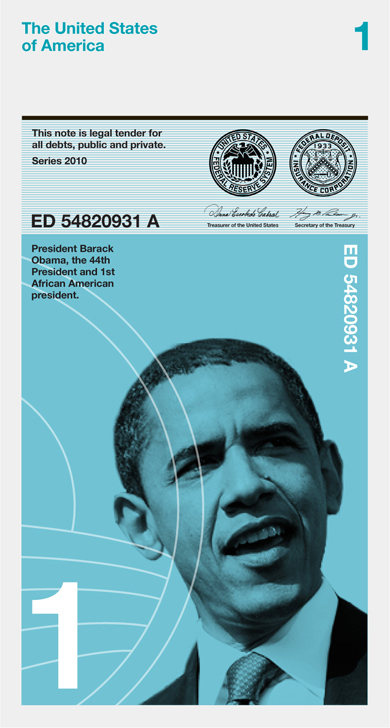As I’ve argued before, the economy won’t start to really recover until the political situation stabilizes. In an article from earlier this year, Robert Higgs makes this point very well:
The explosion of the federal government’s size, scope, and power since the middle of 2008 has created enormous uncertainties in the minds of investors. New taxes and higher rates of old taxes; potentially large burdens of compliance with new energy regulations and mandatory health-care expenses; new, intrinsically arbitrary government oversight of so-called systemic risks associated with any type of business — all of these unsettling possibilities and others of substantial significance must give pause to anyone considering a long-term investment, because any one of them has the potential to turn what seems to be a profitable investment into a big loser. In short, investors now face regime uncertainty to an extent that few have experienced in this country — to find anything comparable, one must go back to the 1930s and 1940s, when the menacing clouds of the New Deal and World War II darkened the economic horizon.
Unless the government acts soon to resolve the looming uncertainties about the half-dozen greatest threats of policy harm to business, investors will remain for the most part on the sideline, protecting their wealth in cash hoards and low-risk, low-return, short-term investments and consuming wealth that might otherwise have been invested. If this situation continues for several years longer, the U.S. economy may well suffer its second “lost decade” for much the same reason that it suffered its first during the 1930s.
Unfortunately, the incentives for politicians are biased toward meddling, so don’t anticipate a slowing down of political “fixes” any time soon. If the US mid-term elections later this year return a “gridlocked” government, the economy might start to adapt to the current conditions and only then will any significant growth begin to take place. Given a relatively static political situation, businesses can at least make some plans based on their regulatory/legislative conditions as they are. Until some kind of stability is established, no businessperson in their right mind will take on major new plans: entrenching your existing business is far safer, while trying to do something radically different incurs too much risk. Risk, that is, over and above the “ordinary” risk of expansion, launching new products, or entering new markets.




